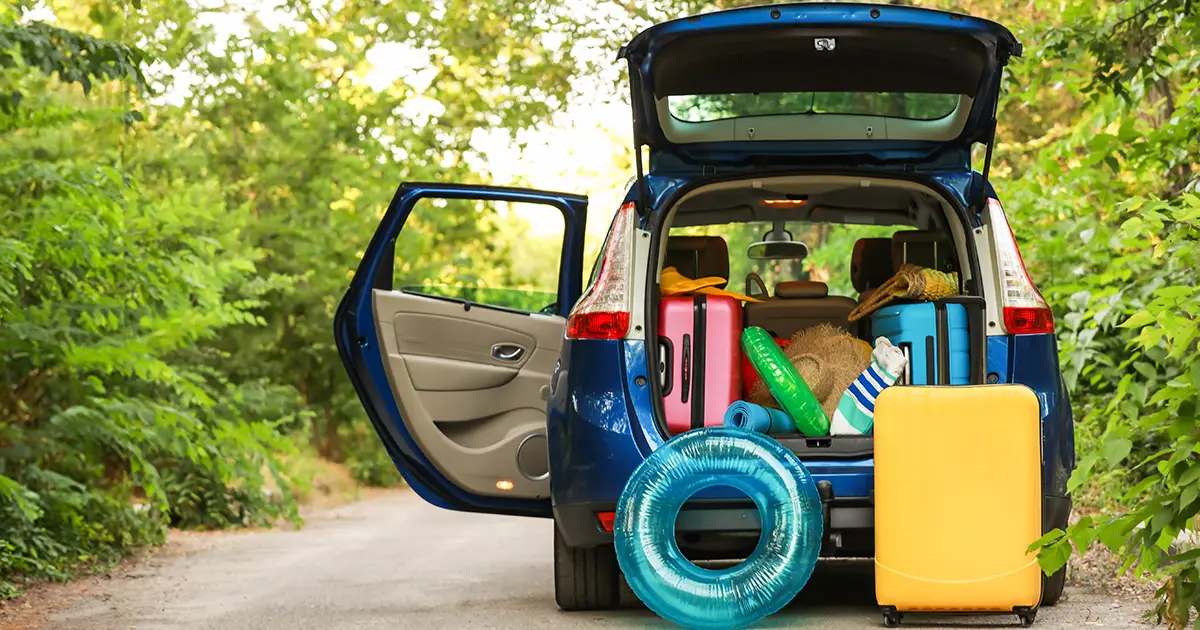Summer is the perfect season to take a break from the daily grind and embark on a well-deserved vacation. However, without proper planning, the costs can quickly add up. Here’s a comprehensive guide on how to budget for a summer vacation, ensuring you make the most of your trip without overspending.
1. Determine your destination
The first step in budgeting for a summer vacation is deciding where you want to go. Your destination will significantly influence your overall expenses. Consider the following:
- Domestic vs. international: Traveling within your country may be more affordable than crossing the border or going overseas due to lower flight costs and no currency exchange fees.
- Popular tourist spots vs. hidden gems: Well-known tourist destinations can be pricey. Doing some extra research to find lesser-known locations can offer unique experiences at a fraction of the cost.
2. Set a realistic budget
Once you have a destination in mind, set a realistic budget. Break down your expenses into categories such as:
- Transportation: This includes flights, rental cars, gas, and local public transportation.
- Accommodation: Consider the cost of hotels, vacation rentals, or other lodging options.
- Food and drinks: Factor in dining out, groceries, and any special meals you may want to enjoy.
- Activities and entertainment: Budget for entrance fees to attractions, tours, and other recreational activities.
- Miscellaneous: Don’t forget to include costs for shopping, souvenirs, and unexpected expenses.
- Use a spreadsheet or a budgeting app to keep track of these costs and help you stick to your budget.
3. Research and compare prices
To get the best deals, research and compare prices for all aspects of your trip. Here are some tips:
- Flights: Use flight comparison websites to find the best deals and consider booking in advance or being flexible with your travel dates.
- Accommodation: Compare prices across different booking platforms, and consider alternative lodging options like hostels, vacation rentals, or even house-sitting.
- Activities: Look for discounts and deals on local attractions. Some cities offer tourist passes that provide access to multiple attractions, and even public transportation, at a reduced rate.
4. Save in advance
Saving money before your trip can make a significant difference on the overall experience and how effective your budgeting will be. Here are some strategies to build your vacation fund:
- Set up a dedicated savings account: Having a separate account for your vacation fund can help you avoid spending the money on other things.
- Cut back on unnecessary expenses: Analyze your monthly expenses and identify areas where you can cut back, such as dining out less or canceling subscription services.
- Automate your savings: Set up automatic transfers to your vacation fund to ensure consistent savings.
5. Travel during off-peak times
Traveling during the off-peak season can lead to significant savings. Consider these tips:
- Flexible travel dates: If your schedule allows, travel during shoulder seasons (the period between peak and off-peak seasons) to take advantage of lower prices.
- Mid-week travel: Flights and accommodations are often cheaper mid-week compared to weekends.
6. Plan your meals
Food can be a major expense while traveling. Here’s how to manage it:
- Cook your own meals: If your accommodation has a kitchen, prepare some of your meals to save money.
- Pack snacks: Carry snacks for long days of sightseeing to avoid expensive impulse purchases.
- Local cuisine: Enjoy local dishes at street food stalls or smaller, family-run restaurants for an authentic and affordable dining experience.
7. Utilize public transportation
Instead of relying on taxis or rental cars, use public transportation to get around. Most cities have efficient and affordable transit systems. Additionally, consider walking or renting a bike to explore your destination.
8. Be smart with accommodation
Your lodging can be one of the biggest expenses, so choose wisely:
- Stay outside the city center: Accommodations in the city center are often more expensive. Staying in nearby neighborhoods can be more affordable.
- Alternative lodging: Consider hostels, vacation rentals, or even camping as cost-effective options.
9. Look for free activities
Many destinations offer a variety of free activities and attractions:
- Parks and beaches: Enjoy the natural beauty of parks, beaches, and hiking trails.
- Free events: Check out local event calendars for free concerts, festivals, and other community events.
- Museums and cultural sites: Some museums and historical sites offer free admission on certain days.
10. Track your spending
Throughout your trip, keep track of your spending to ensure you stay within your budget. Use budgeting apps or keep a travel journal to record your expenses. This will help you adjust if necessary and avoid overspending.
Following these tips will not only help you manage your summer vacation budget effectively but also allow you to enjoy a memorable and stress-free getaway.
Happy travels!
